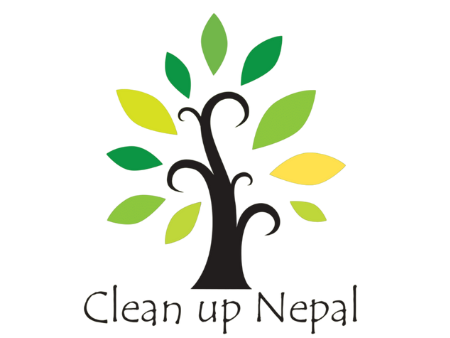
Rabindra Lamichhane
Executive Director
Education
Experienced Sector
Year of Experience
About Me
I have drafted comprehensive WASH plans and waste management policies, driving sustainable practices. My expertise in project management and team leadership has fostered organizational
development, while my unwavering commitment to environmental stewardship continues to catalyze positive change. I have extensive experience in developing proposals, conducting research, and analyzing both qualitative and quantitative reports using SPSS tools. Additionally, I have conducted waste audits and brand audits, utilizing the results to advocate for evidence-based approaches in promoting the impactful presence of industries toward achieving zero carbon emissions.
I have also led the development of Safa Nepal, an award-winning open-data waste management platform recognized by the World Summit Award. It has been selected as one of the 40 WSA Winners 2023, selected from 466 nominations in 88 countries. This innovative system includes a web-based dashboard and mobile application, empowering local governments to undertake evidence-based analysis and enabling citizens to report waste-related issues.
Furthermore, I have revitalized the concept of Zero Waste at Schools (ZWAS), establishing waste monitoring standards and fostering eco clubs within schools. Through educational seven sessions, clean-up events, and community engagement, ZWAS strengthens waste
management systems and promotes sustainability at both school and community levels.
Additionally, I have been an active participant in international networks through CLEAN UP NEPAL, furthering collaboration, and knowledge exchange in the environmental sector. Overall, my multifaceted experience and dedication to environmental causes have left a lasting imprint on sustainable development efforts, driving positive change across diverse landscapes.
